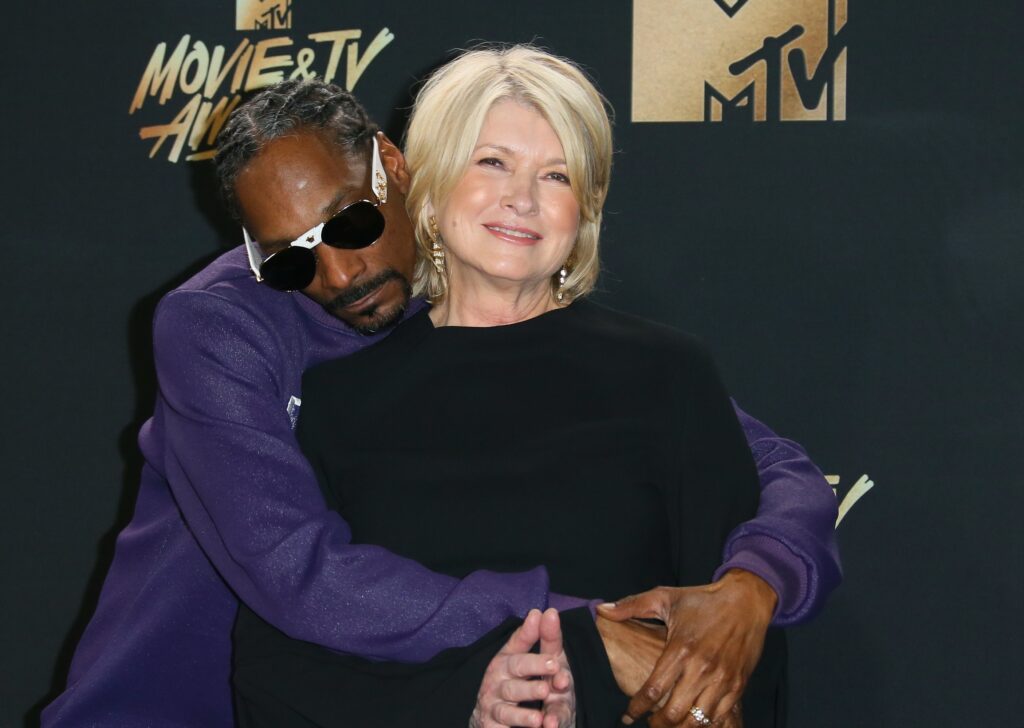
On the red carpet a decade ago, Tyler James Williams appeared calm, cool, and collected, a young actor gliding into his next chapter in Hollywood. Beneath the tuxedo and steady smile, though, his body was waging a private war.
What the world didn’t see in 2015 was that Williams was already living with Crohn’s disease, which according to the Mayo Clinic, is a chronic inflammatory bowel disease that causes painful, unpredictable flare-ups. That same year, at the age of 23, he was diagnosed. In the decade since, Williams has undergone a variety of treatments, including three surgeries. He’s also had to learn how to manage the disease while working in one of the most demanding industries.
Thinking back to the night when everything changed a decade ago, the “Abbott Elementary” star told theGrio, “I was being wheeled into the ER of a New York City hospital, right? Everybody saw my face coming in. Everybody saw the pain that I was in. So in some ways, I could only stay anonymous about it, but for so long.”
Now, the Emmy-nominated actor is stepping into another role: advocate. He wants to strip away the shame and silence surrounding gastrointestinal health and push others, especially Black patients, to take their symptoms more seriously.
“I think once I got over myself … and going, this is what I have, and this is where I am—[I realized] there are other people who are dealing with this, and that’s bigger than me,” he said.
That urgency was front and center on Monday, when Williams appeared at a virtual panel for “Beyond a Gut Feeling,” a campaign designed to break the stigma surrounding gut health. He sat alongside his own doctor, gastroenterologist Dr. Sophie Balzora, underscoring how his journey has been shaped not just by resilience but by the expertise of the right medical team.
For him, the work is personal. His life today—filming hit shows, traveling constantly, leading crews—looks seamless from the outside, but it is possible only because of years of trial, error, and hard conversations with specialists.
Crohn’s doesn’t follow a neat script. Williams, who has partnered with AbbVie on the campaign, describes the pain as precise and excruciating.
“For me and my specific case… I will have severe abdominal pain,” he explained. “Mine can inflame to the point where the intestines close pretty much, and there is nothing that gets through, and then everything gets kicked into reverse, and that’s what causes such severe pain.”
The disease forced him to change the way he worked and lived.
“There were times when I was working and would just choose not to eat because that was safer, because if it was nothing in my system, then nothing could go wrong,” he admitted.
The burden is heavier in Black communities, where studies show patients face delayed diagnoses and fewer referrals to gastroenterologists, resulting in more extreme outcomes overall. Rates of IBD are rising among African Americans, yet many still struggle to be believed. Williams knows the consequences of that gap.
“I was going to a different general practitioner, and they were doing ultrasounds on my stomach, and were like, ‘Everything looks fine. I don’t know, maybe you should stop doing this, or maybe you should start eating this,’” he recalled.
“Finding out what was happening to me, you weren’t going to see on an ultrasound,” he continued. “You were going to need to do a colonoscopy to look at the actual intestinal lining, to see what was going on. Going to a doctor is not going to the doctor. And I’m trying to get people to understand that you saw a doctor, but you need to specifically see a gastroenterologist.”
He also emphasizes that Crohn’s takes a toll far beyond the gut.
“The damage this does to mental health is incredible,” the actor, who struggled for years with his mental health following his diagnosis, highlighted.
He added, “I encourage people, regardless of what medically their course of action is going to be, to seek a mental health professional out to talk about where you are at any given time and to keep yourself in the right place.”
The discipline of listening to his body, combined with medical care and therapy, has been key to regaining stability. Williams admits that he once tried to hide it, to embody the Hollywood myth of effortless perfection.
“There is a pressure to look effortless and like nothing is wrong, and a lot of us pull it off a lot of the time,” the “Everybody Hates Chris” alum said. “I pulled it off for a very long time. There’s like, specific moments and press runs that I can look to and go that day was hell, and you would never know it.”
But ultimately, transparency has become his strength.
“Now it’s about my entire crew knows. Everybody on the set of ‘Abbott Elementary’ knows what I have, what I deal with from time to time. I’ve learned to recruit people into the journey of me being healthy and being at my best.”
What he hopes, more than anything, is that his visibility makes others take their own health seriously.
“For the IBD community specifically, I would love to see a gastroenterologist schedule just full all of the time, right? Because it’s not that people aren’t dealing with this, and there isn’t an issue. It’s that people just aren’t talking about it,” Williams said.
“Self-care is checking in with your body,” he continued. “If something isn’t right, if you are in pain, you are in discomfort, even if something just doesn’t feel right, seeking out a medical professional to be able to have a conversation about, ‘What can I do about this?’ ‘Where am I at?’ ‘Am I just managing symptoms and ignoring a bigger problem?’ How do I tackle that bigger problem? I hope everyone does that. It just requires you to care enough about you to start that conversation.”





